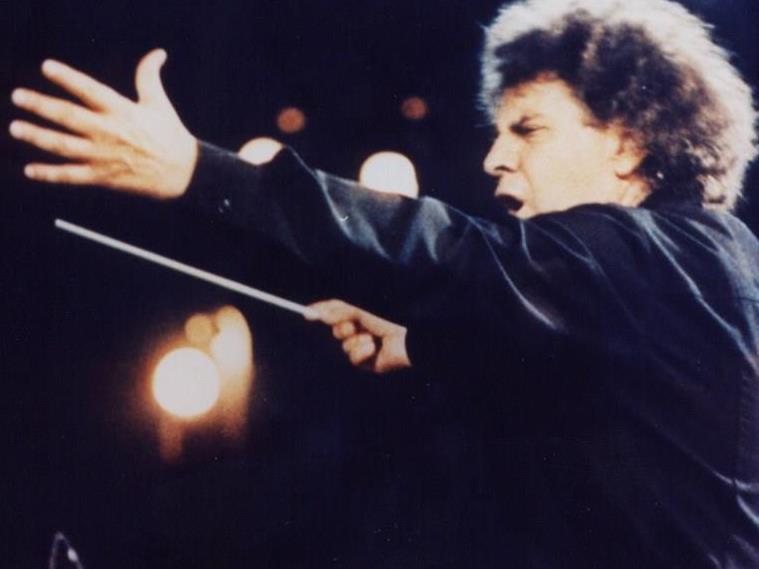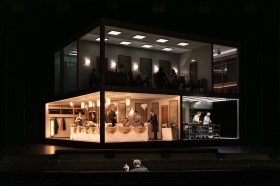If you are a person lucky enough to have all five senses you will remember a special taste, the touch of a hand, the smell of food cooking, a vision that makes your heart beat faster, or a sound that touches a nerve.
As the lights dimmed in the intimate 8-sided Octagon Theatre, two musical notes rebounded off the walls from the bouzoukis played by George Doukas and Nathan Pylarinos. A shiver went up my spine as my mind was immediately transported back to time spent in Greece, though it was decades ago.
This instrument, so unlike any other but not quite as old as the Greek language, originated in the Byzantine era around 330 AD. Byzantium, an ancient Greek city, was intended to be the capital of the Roman Empire in the time of Constantine who changed the name of the city to Constantinople, but eventually had to surrender the city to the Turkish Ottoman Empire. The instrument most used in those early days was called a thampoura or tampoura and, like the pandoura, was similar to a lute.
The bouzouki in its present form first appeared in Greece in the early 20th century when the country was beginning its fight against oppression, poverty and hardship. The trills and expansive long notes on the bouzouki can be like tears from a broken heart, accompanying powerful words from disenchanted poets like Yannis Ritsos, upon whose words Romiosini or Cycle of Songs is based.
Mikis Theodorakis, Greece’s most famous composer, said the poet’s historical references spoke to ‘Greece’s spirit and our crucified nation!’
Before this magical evening began, presenter George Georgiou showed a short documentary about Theodorakis’ own history. Like the bouzouki, Georgiou said, Theodorakis’ music reflected the life of his ancestors. ‘Modern Greek history was written on Theodorakis’ body,’ Georgiou added.
It was an apt description for the powerfully-built 90-year-old and alluded to Theodorakis’ lifelong fight for democracy and justice, for which he has suffered incarceration and torture.
The music and songs that emerged in Greece in those early, sad days was called Rembetika, and incorporated musical influences from Turkey. It was compared to the emergence of the Blues in America for how it reflected the misery and disenchantment of those times. The first half of the Romiosini evening comprised nine songs dedicated to the Rembetika times while the second half covered the 60s and 70s with 15 more mainstream songs under the name Laiko Tragoudi.
The orchestra accompanying the two bouzouki, bass guitar and drums was composed mainly of women playing oboe, clarinet, flute, viola, violins and cello with Adam Pinto on piano, Dimitri Calligeros as orchestra concertmaster and George Ellis as musical director and conductor as he had been for the Athens Olympics.
The deep, sonorous tones of vocalist Dimitris Basis brought our hands together and feet tapping. Basis has a diploma in Byzantine music and has collaborated with Theodorakis on many occasions. His discography is vast.
The word Romiosini basically means Greekness or the essence of the Greek character going back thousands of years. Even without an understanding of the language, the passion and strength of the Greek culture – its music, its politics, its history – and the life of Mikis Theodorakis were delivered triumphantly by Basis and the orchestra.
And what better way to end the programme than with the music of Zorba the Greek which spread Theodorakis’ music, once banned, throughout the world.
5 stars out of 5 ★★★★★
Mikis Theodorakis: Romiosini and Beyond
Presented by George Georgiou
Conductor: George Ellis
International Vocalist: Dimitris Basis
10 May 2019
Octagon Theatre, University of Western Australia (touring nationally)
Ticket prices vary
Upcoming performances:
Melbourne – 17 May 2019
Brisbane – 22 May 2019
Sydney – 24 May 2019





